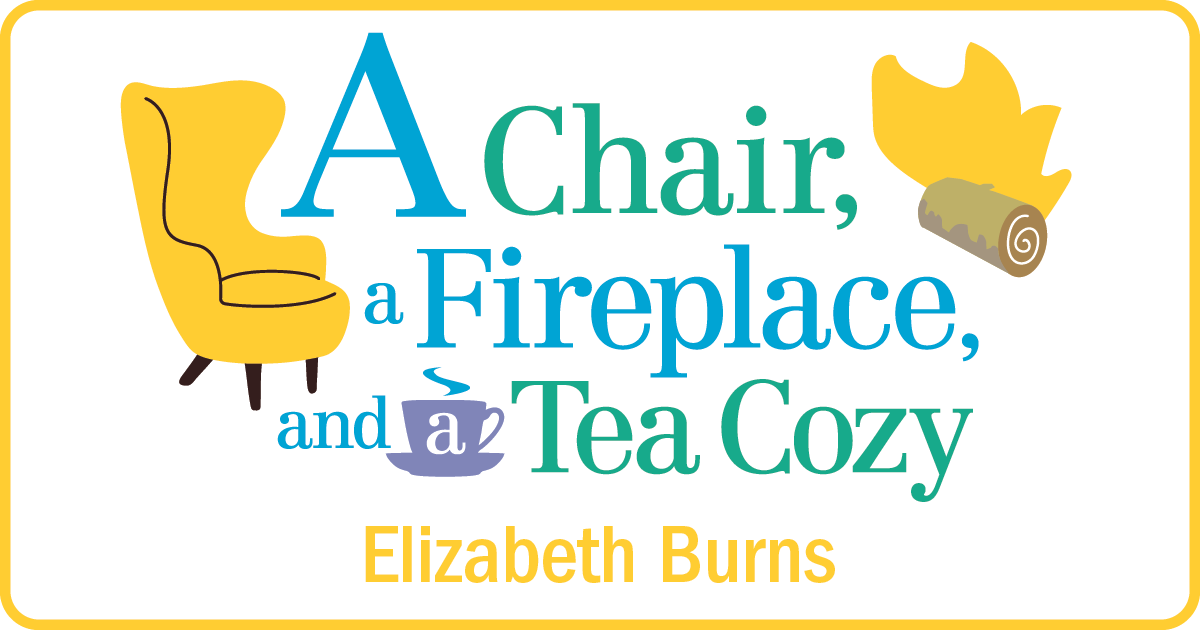SCROLL DOWN TO READ THE POST
Review: Your House is on Fire, Your Children All Gone
Your House is on Fire, Your Children All Gone by Stefan Kiesbye. Penguin Books. 2012. Personal copy. Vacation reads, a series of adult books reviewed before holidays for your vacation reading.

The Plot: Christian has returned home, returned from the United States to Germany, to a place that is no longer the dark, small town he remembers but instead is a place of vacation homes and brightness. Retired, away from Germany for decades, he returns after the death of his mother.
ADVERTISEMENT
ADVERTISEMENT
He sees friends from his past: Martin, Alex, Linde. Their past holds secrets, the types of secrets that people in small towns know about but do not talk about. “Our secrets in Hemmersmoor were always open and always kept safe.”
An old man has returned to his childhood home. Come, let him and his friends tell you their secrets.
Be warned: these secrets are dark.
The Good: I’m not sure what I thought Your House is on Fire was going to be; oh, I knew it was about secrets, about what had happened to these adults as children, I expected twists and turns and to be scared and horrified.
Still, knowing all this, I didn’t expect — I couldn’t know —
Christian says at the beginning, “I have returned, but not to the village I once left. That village doesn’t exist anymore, survives in only my memories and dreams.” I was thinking something like Peter Straub’s Ghost Story or Stephen King’s IT would follow. Both of those books are lighthearted romps with puppies and unicorns in sunny fields of rainbows and daisies compared to Your House is on Fire. I thought this was going to be creepy; it is, but it so redefines creepy that I’ll be frugal about how I use that word in the future.
I began, thinking ah, Christian is the main character because he begins the story. He lets us know hints of some of the secrets that will come (Alex’s time in jail, Linde’s scarred face, deaths in Christian’s family). After the prologue, though, there are a series of small chapters, each with a different narrator (Martin, Christian, Linde, Anke) telling a different story of themselves and their town, starting with when the children are seven. “Time is of no importance,” the reader is told — and Your House is on Fire tells us how true that can be.
Kiesbye never gives the reader a year, but he gives clues. The talk of two Germanys, of wars, of televisions and trainers in the present, let the reader know that this story is taking place after World War II, with these children born in the end days of that War. Lurking unsaid over this tale of tangled secrets, dark desires, darker actions is the bigger secret, unspoken but known, of the town’s role in that war and what lies behind the town.
ADVERTISEMENT
ADVERTISEMENT
The first story, told by Martin, is the story that let me know I’d fallen into a rabbit hole, had no idea what was up or what was down or what would happen next. Martin, only seven, is telling about the town’s fall Thanksgiving festival and the yearly contest for best stew, best roast, best baked goods. I settle in, and get what I expect in Martin’s story told from seven year sensibilities and then — wait, what? What just happened? No, it couldn’t, it didn’t go there — And Martin, almost innocently, always matter of factly, continues on almost as if he didn’t share watching a horrible crime.
This is a horror story, make no doubt about it. Is it a supernatural one? I think not, even though there are references to ghosts and witches, to folk lore believed as truth, to curses. It can be read as a place where belief makes old wives tales real; or it can be read, as I do, with ghosts and witches being used to try to understand a confusing world where a prior generations actions and inactions, no matter how much kept secret, tangle up the lives of the village’s residents and even children cannot escape.
The sins of the parents, though, is too easy an answer for what happens in Your House is on Fire. Christian, Martin, and the others have free will, after all — and what is most surprising to me is how long they disassociate themselves from their own actions. Perhaps this is also merely a reflection of the war years and the aftermath, the ability to not take ownership.
Have I been clear enough that I adored and loved this Your House is on Fire? I did; it’s a Favorite Book Read in 2013; and I want others to read it. I love what is said and unsaid; I love the language. I love the hints that this is fairy tales made real, that this is history, that this is a Twilight Zone town made real. I love that it’s a story tightly told without any extra words. I loved the unflinching look, almost without judgment, at the darkness in people. I love how much is left up to the reader. I love how unsettling it was. Word of warning — if you need to “like” characters to read a book, then this is not for you.
Other reviews: The Book Smugglers; Author Interview at CarolineLeavittville; Jenn’s Bookshelves.
Filed under: Favorite Books Read in 2013, Reviews
About Elizabeth Burns
Looking for a place to talk about young adult books? Pull up a chair, have a cup of tea, and let's chat. I am a New Jersey librarian. My opinions do not reflect those of my employer, SLJ, YALSA, or anyone else. On Twitter I'm @LizB; my email is lizzy.burns@gmail.com.
ADVERTISEMENT
SLJ Blog Network
The Moral Dilemma of THE MONSTER AT THE END OF THIS BOOK
Cover Reveal and Q&A: The One and Only Googoosh with Azadeh Westergaard
Winnie-The-Pooh | Review
A Reading Community: A Love Letter to Local Independent Bookstores, a guest post by Heather Del Piano
The Classroom Bookshelf is Moving
ADVERTISEMENT
ADVERTISEMENT







